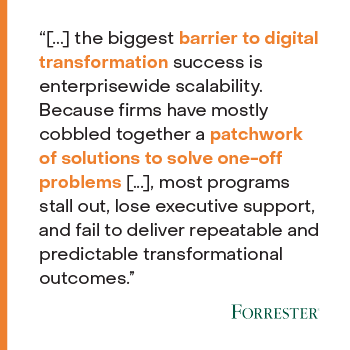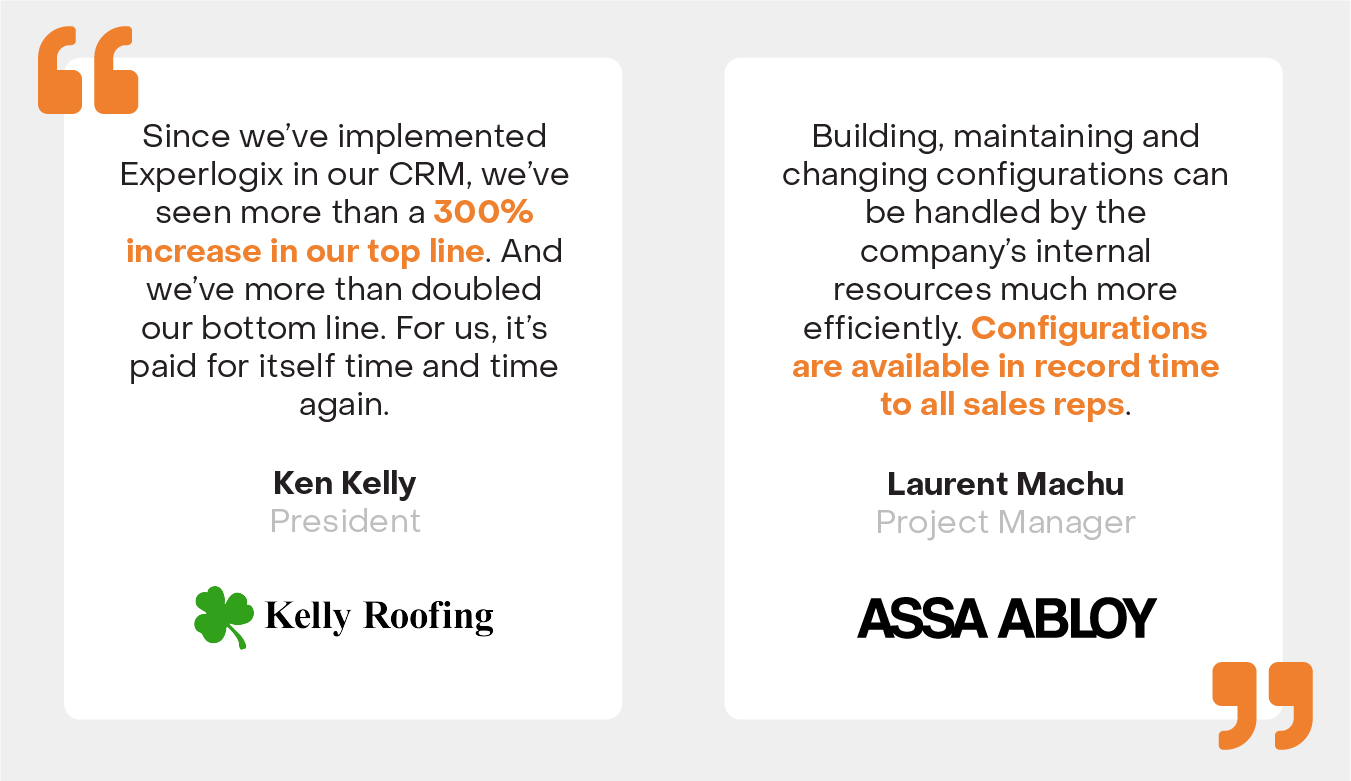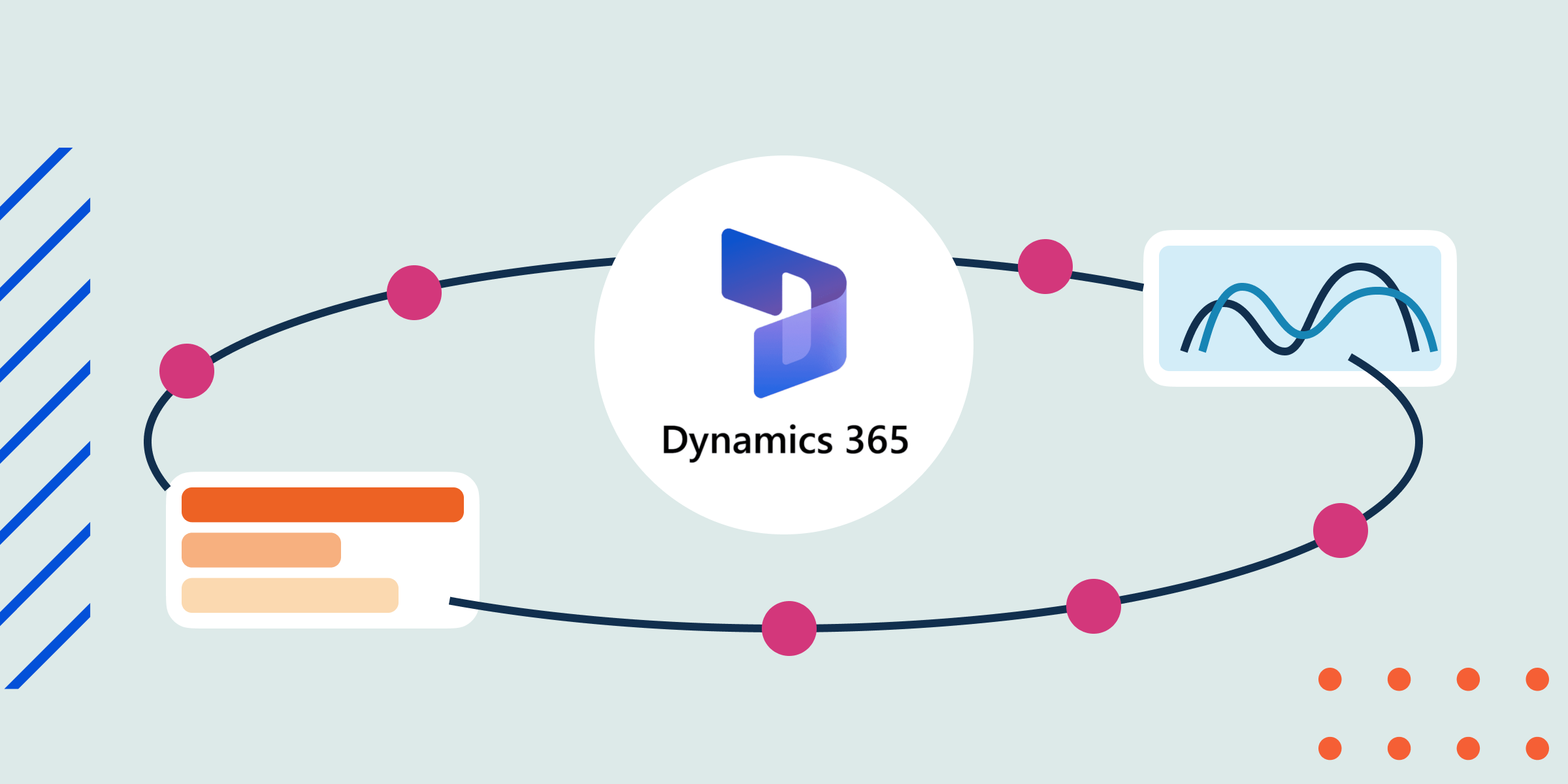What Is Digital Transformation? And Why We Care About It

Digital transformation describes the way organizations have increasingly adopted digital solutions and advanced technology to handle core operations. Cloud-based software has long been at the forefront of these transformations, and modern digital transformation strategies often focus on optimizing the use of both cloud and on-premises solutions together, giving business users the best tools for the job.
Organizations across sectors struggle to achieve truly effective digital transformation, though. One clear barrier for manufacturing, according to Forrester, is a segmented technology environment and solutions designed to solve one-off issues. Because existing systems can’t communicate with each other, many companies struggle to scale new implementations past the pilot project stage. Other issues like user adoption have also emerged as a barrier to adopting advanced digital solutions.
However, issues like these aren’t insurmountable.
Getting Past the Barriers to Digital Transformation
 Moving past the common barriers to digital transformation requires a reshaping of how we think about technology adoption and what companies prioritize when looking to adopt new technology. Many organizations have focused their digital efforts on gaining efficiencies in internal processes, but this isn’t the only area where automation and other tools can help businesses manage complexity as they grow. CPQ software, for example, can both streamline the sales process and improve customer experience by creating a seamless quoting experience, which serves both internal- and external-facing processes.
Moving past the common barriers to digital transformation requires a reshaping of how we think about technology adoption and what companies prioritize when looking to adopt new technology. Many organizations have focused their digital efforts on gaining efficiencies in internal processes, but this isn’t the only area where automation and other tools can help businesses manage complexity as they grow. CPQ software, for example, can both streamline the sales process and improve customer experience by creating a seamless quoting experience, which serves both internal- and external-facing processes.
An effective digital transformation strategy accounts for existing systems and links digital needs to business ones. One common challenge that comes with adopting new technology, for example, is that user adoption and training can have a dramatic impact on time-to-value. If adoption later falls off, it also results in wasted time and investment. This creates a catch-22 with some solutions that must sacrifice simplicity for sophisticated functionality.
However, sophisticated software doesn’t have to be complex, and an effective digital transformation strategy will also include an implementation and training plan to help ensure a smooth transition.
How CPQ Software Enables Digital Transformation
At its core, digital transformation is about changing how businesses manage and act on their data so they can move more quickly. By simplifying the product configuration process, CPQ software can be one of the cornerstones of transformation for any organization with complex, configurable products or services. CPQ solutions make product configuration and pricing data available to sales teams on-demand through a visual interface. Examples of how Experlogix customers have leveraged our CPQ solution to digitally transform their operations include upgrading from separate spreadsheets to an integrated CRM and CPQ platform and reducing sales process complexity across a global footprint.

The factor that makes CPQ essential for digital transformation is the direct value it provides the business by removing manual work from the typical quoting process and giving sales teams access to data. Other key factors to consider when looking at CPQ tools as an enabler of digital transformation include:
- Integration with existing systems – CRM, ERP, document automation, etc.
- Easy-to-use for business users
- High level of customizability in logic flow and dependency tracking
- Support for mobile devices
- Scalability as the company grows or needs change
Although the term “digital transformation” has been around for years, the trend is approaching a key milestone focused on making sophisticated software features available to everyone throughout the organization. This is shown through the emerging low- and no-code movements, which are all about solutions that require little programming knowledge to perform complex functions and automation.
These trends sit at the center of what we do at Experlogix – we “simplify the complex” through sophisticated, yet easy-to-use software.
As digital transformation continues to evolve, we expect CPQ solutions to push the envelope on business growth and product customization. While many organizations leverage CPQ for sales process automation and acceleration, these efficiencies will facilitate several direct and indirect revenue growth opportunities, from simply cutting down the time it takes to deliver a winning quote to helping sales teams upsell and cross-sell.



